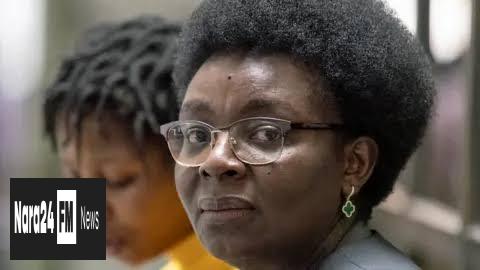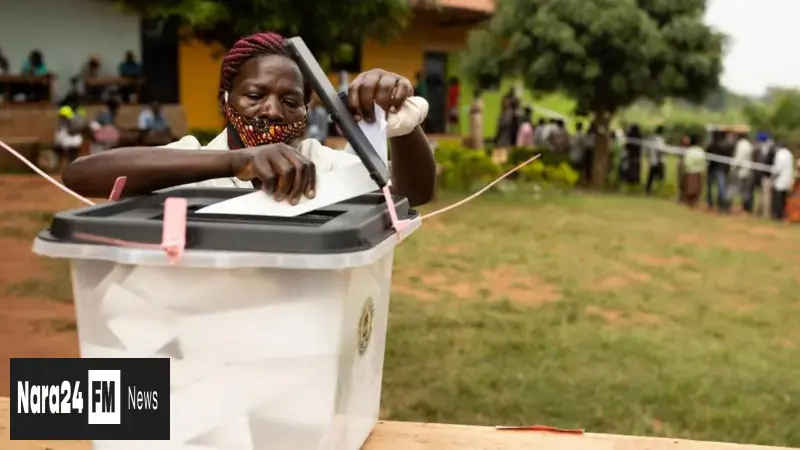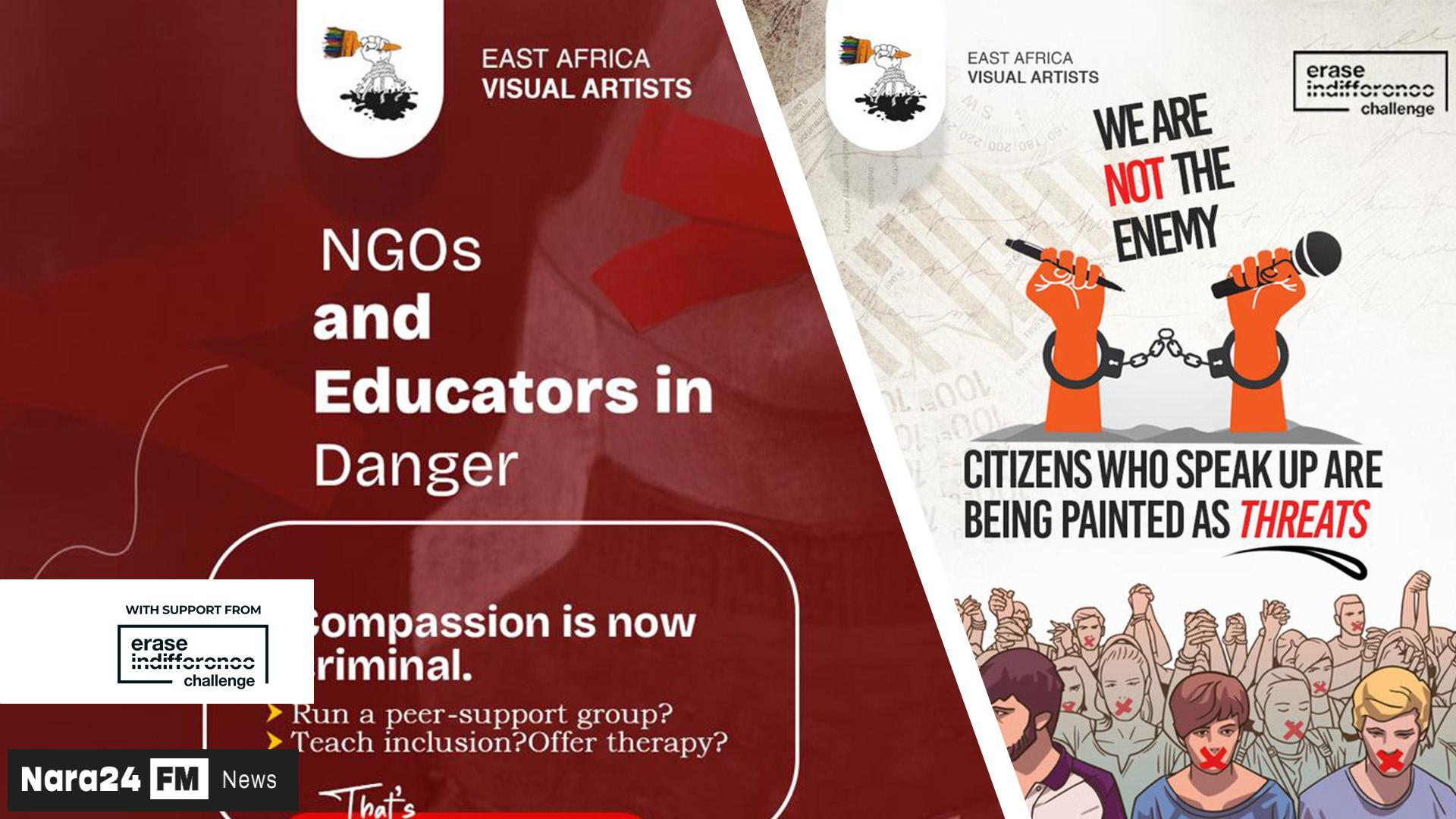In This Article
- Detention of Rwandan Opposition Leader
- Allegations and Investigation
- Ingabire's Defense and Party Status
- Regional Context of Political Suppression
Key Takeaways
- Rwandan opposition leader Victoire Ingabire has been detained by authorities on allegations of plotting public unrest and links to a group accused of attempting to overthrow the government.
- Ingabire's detention has raised concerns over political freedoms in Rwanda, where opposition figures have long accused the government of using the judicial system to suppress dissent.
- Her case reflects a broader trend across East Africa, where opposition leaders frequently face detention, surveillance, or prosecution, including in Uganda, Tanzania, and South Sudan.
- Ingabire denied any involvement in the alleged training or mobilization efforts cited by the prosecution, stating that her party, DALFA-Umurinzi, could not have conducted official political activities as it lacks legal registration.
Rwandan authorities have detained opposition leader Victoire Ingabire following her testimony in a high-profile terrorism trial. The Rwanda Investigation Bureau (RIB) announced on Thursday, June 19, 2025, that Ingabire is under investigation for alleged links to a group accused of plotting public unrest.
Ingabire, who heads the unregistered opposition movement DALFA-Umurinzi, testified in a treason-related case involving nine individuals accused of attempting to overthrow the government without armed force. According to a statement from the RIB, the investigation was initiated based on a directive from the High Court in the ongoing case of journalist Théoneste Nsengimana, Sylvain Sibomana, and others. The authorities allege that Ingabire and her co-accused formed a criminal group and planned activities aimed at inciting public disorder.
“She is currently detained at the RIB station in Remera, pending handover to the Prosecution,” the statement confirmed.
During her testimony, Ingabire denied any involvement in the alleged training or mobilization efforts cited by the prosecution. She acknowledged knowing some of the detainees but insisted that DALFA-Umurinzi, which lacks legal registration, could not have conducted official political activities. “The party could not have done anything since it does not legally exist,” she told the court. Her lawyer, Gatera Gashabana, highlighted that repeated attempts to register the party had been thwarted by bureaucratic and political obstacles. Ingabire also stated that she had instructed her interim committee to halt all political mobilization when it became clear that registration was unlikely.
The prosecution linked the alleged training activities to “Ingabire Day,” an annual event organized by Rwandans abroad to honor the politician. However, Ingabire distanced herself from the event, stating that her involvement was limited to occasional remarks upon request.
Her abrupt detention has raised concerns over political freedoms in Rwanda, where opposition figures have long accused the government of using the judicial system to suppress dissent. Ingabire’s case reflects a broader trend across East Africa, where opposition leaders frequently face detention, surveillance, or prosecution.
In Uganda, Dr. Kizza Besigye, a four-time presidential contender and critic of President Museveni, has been held on treason charges since November 2024. In Tanzania, opposition figure Tundu Lissu, who survived a 2017 assassination attempt, has been detained since April 2025 on treason charges related to electoral reform advocacy. Meanwhile, in South Sudan, First Vice President Riek Machar has been under house arrest since March 2025 following a power struggle with President Salva Kiir.
These cases underscore a growing pattern across the region, where opposition voices are increasingly met with criminal charges and legal harassment under the guise of national security, raising alarms about the erosion of democratic institutions and civilian freedoms.








Comments (0)
Leave a Comment
Be the first to comment on this article!